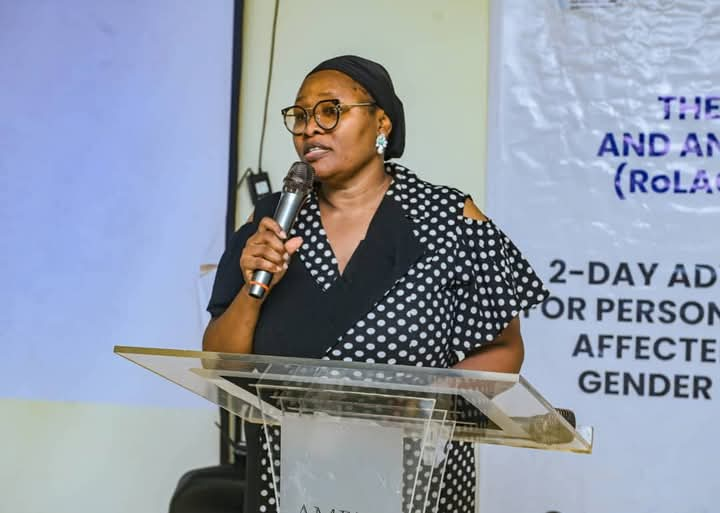In a major step towards promoting inclusion and safeguarding vulnerable communities, the Lagos State Government has organised a two-day advocacy training aimed at empowering Persons With Disabilities (PWDs) with vital knowledge on their rights and protection against domestic and sexual violence.
The training, held in Ikeja, was a collaborative initiative between the Lagos State Domestic and Sexual Violence Agency (DSVA), the Lagos State Office for Disability Affairs (LASODA), and the International Institute for Democracy and Electoral Assistance (International IDEA).
Executive Secretary of the DSVA, Titilola Vivour-Adeniyi, explained that the training was designed to build the capacity of leaders across various disability clusters – including those living with albinism, hearing and visual impairments, and dwarfism.
According to her, empowering these leaders with legal knowledge and referral resources would enable them to raise awareness, educate others, and champion their rights within their communities.
“It is crucial that individuals are aware of the laws governing sexual and gender-based violence,” Mrs Vivour-Adeniyi said.
“We are providing essential information on what to do, who to call, and where to go for help, including access to free medical care. Our goal is to strengthen trust and increase the reporting and referral of cases.”
RECOMMENDED POSTS
Highlighting the vulnerability of PWDs to sexual and gender-based violence (SGBV), she emphasised the importance of delivering information in an accessible and comprehensible manner.
She noted that the agency’s consistent engagement with disability stakeholders in recent years has significantly improved rights awareness and advocacy.
“In 2023, we served 11 persons with disabilities. Last year, that number more than doubled to 25. With increased awareness from initiatives like this, we expect even more survivors to come forward,” she added.
Vivour-Adeniyi reaffirmed the agency’s zero-tolerance stance on domestic and sexual violence, stressing that such acts are crimes against the state.
“Survivors must know that help is available and that these experiences do not define the end of their lives,” she said.
General Manager of LASODA, Mrs Adenike Oyetunde-Lawal, described the training as a welcome development that would expand access to justice for PWDs.
She commended the organisers and called for more frequent and focused conversations to continue informing and empowering people with disabilities.
Also speaking, Mrs Abimbola Ushie, representing the State Resources and Admin for the Rule of Law and Anti-Corruption Programme (RoLAC), implemented by IDEA, highlighted the importance of PWDs understanding their rights under the Lagos State Disability Law.
“While many advocate for disability rights, no one can better articulate the needs and experiences of PWDs than the individuals themselves,” she said.
Participants at the training expressed appreciation to the Lagos State Government and its partners, describing the workshop as timely and impactful.
They noted that such inclusive initiatives play a crucial role in encouraging the reporting of violations and improving access to legal protection and support services.
